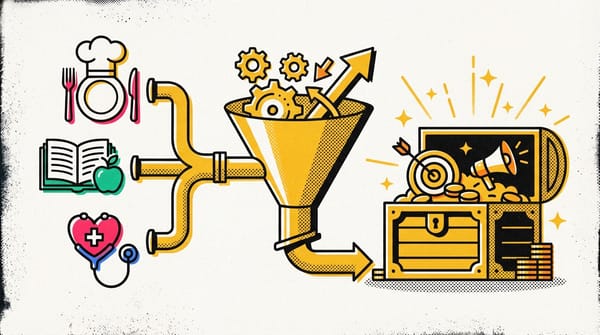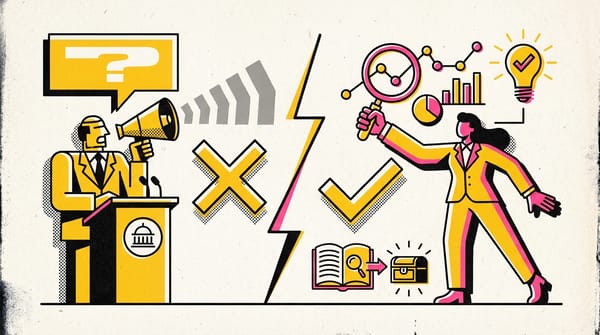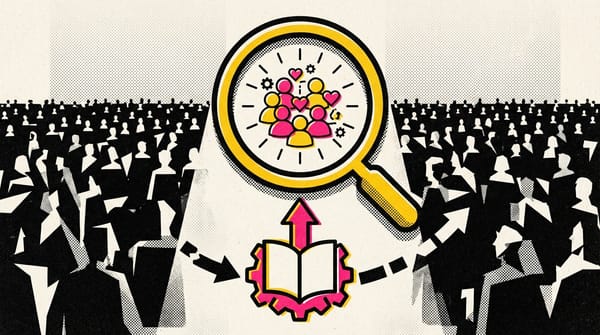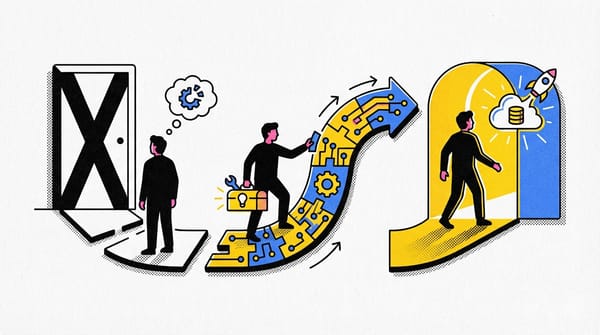Building relationships with customers
Learn how to build strong customer relationships that drive project success and enhance collaboration. Discover actionable strategies today!
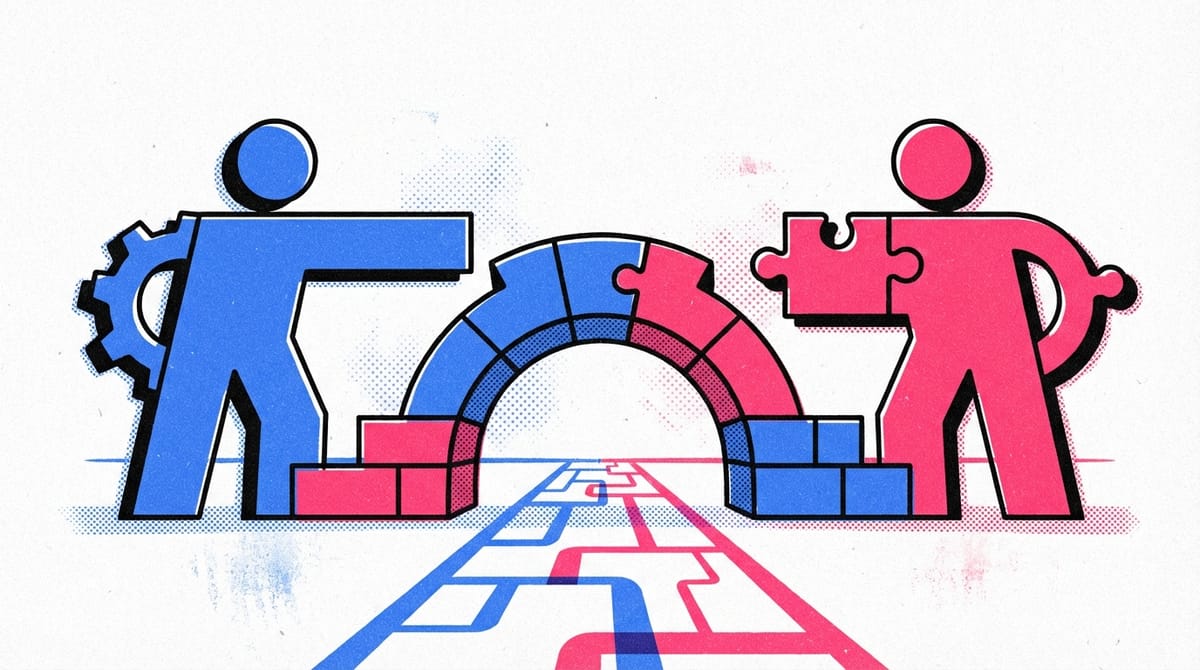
In every project, the client and the executor develop a relationship between them. This cannot be avoided because tasks are performed by humans, not robots. It is natural for a person to be in society and build relationships: business, friendships, romantic.
The client and the executor have the common goal - to complete the project qualitatively and on time. However, each of them plays a different role in the relationship.
☝🏻 A client is a person or group of people who have an idea and are willing to spend time and money to implement it, that is, a project. The client determines what the result will be, but cannot achieve it on their own.
☝🏻 An executor is a company or person who has the necessary resources and skills to carry out a project. The executor implements the client’s idea, enriching it with their own expert knowledge (for example, in the field of website development or consumer demand).

